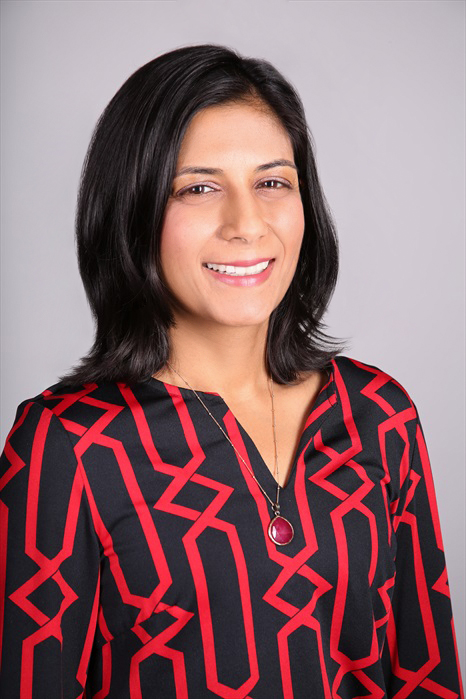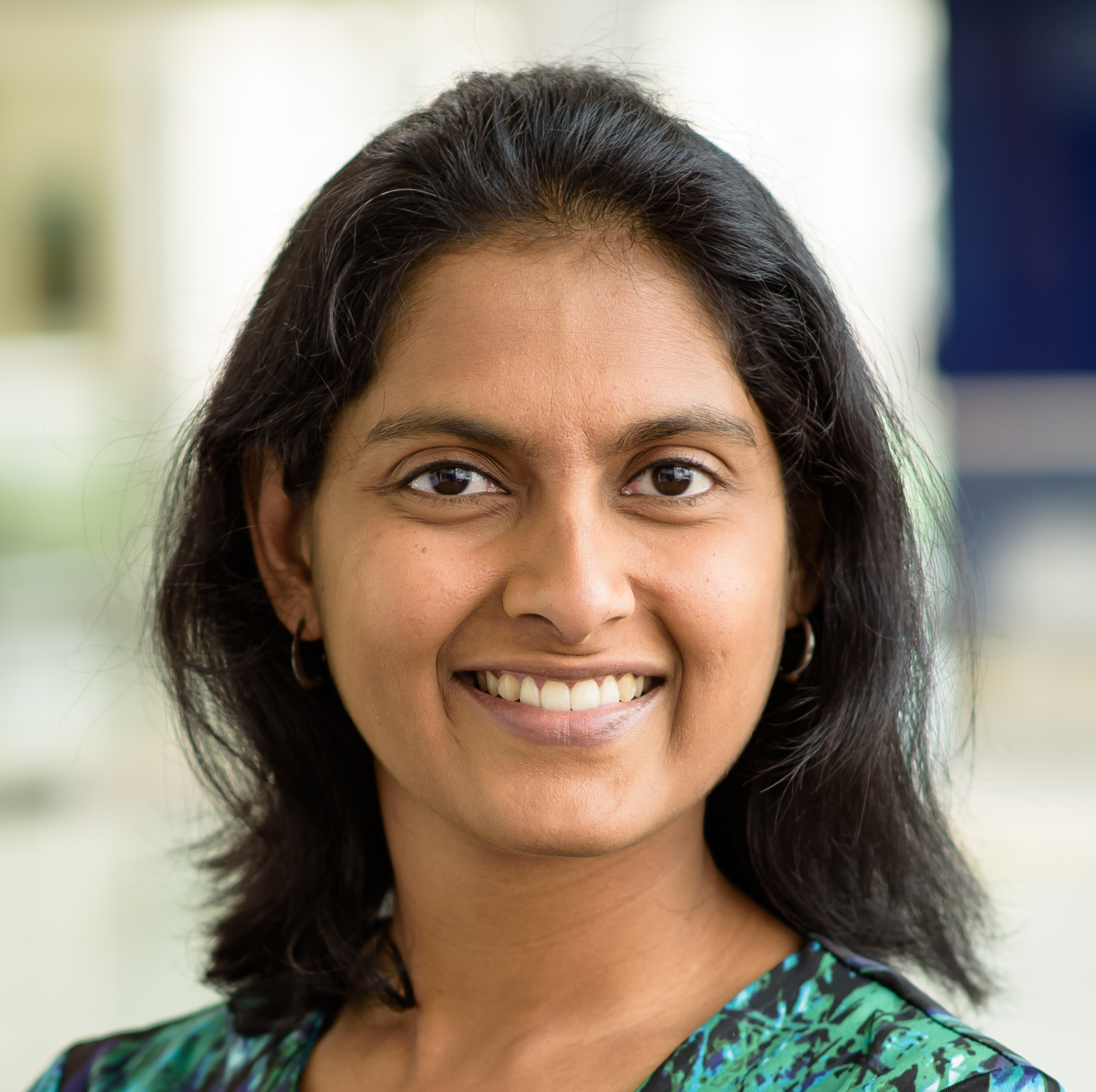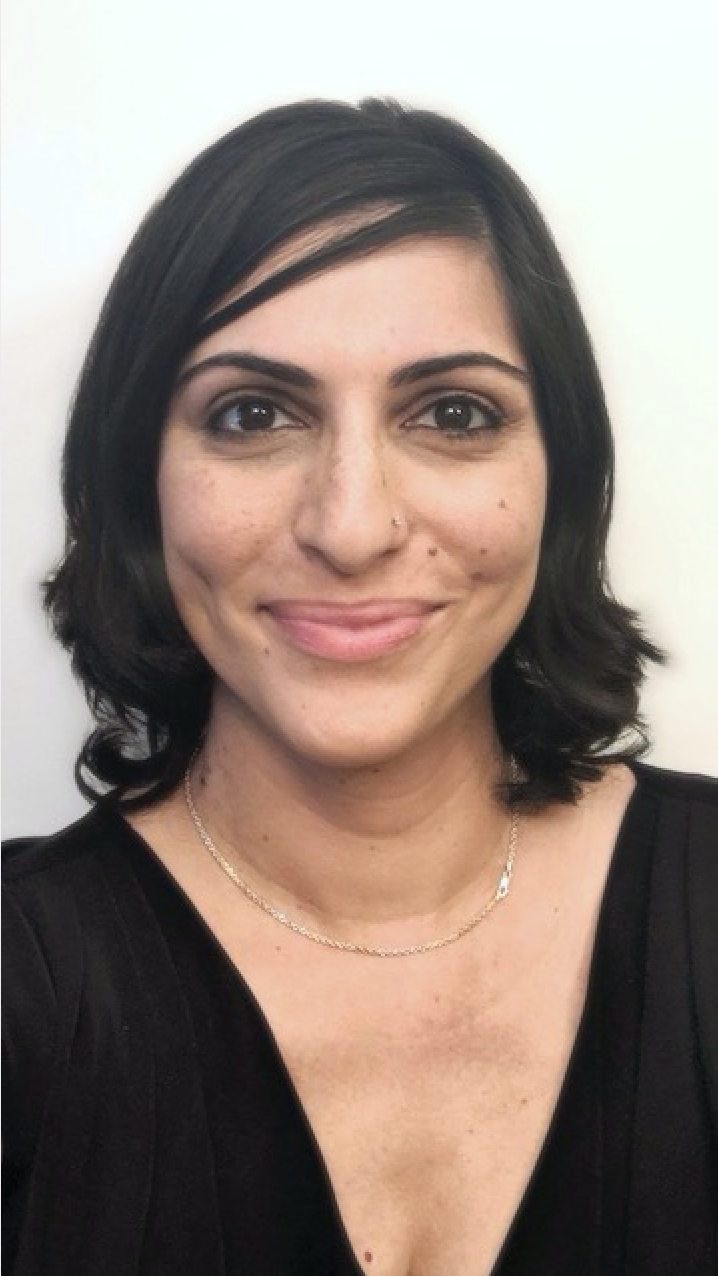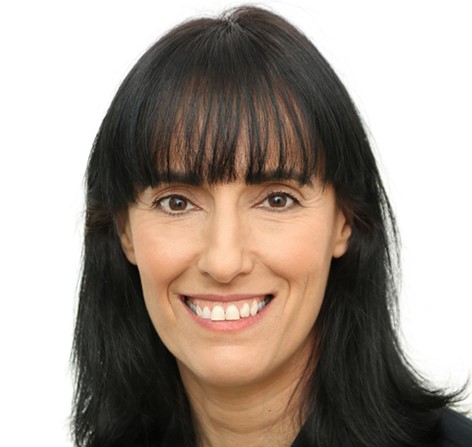
 Women+
Women+
Data Science


Michigan State University & University of Michigan invite you to their joint monthly webinar & meetup series for Spring 2021!
EVENT REGISTRATION
Navigating Disciplinary Boundaries
Interdisciplinarity is necessary to address issues that are too complex to be dealt with sufficiently through a single discipline. Engaging across disciplines to learn and solve problems is critical to being an effective interdisciplinary scientist. So, how do we do it? Panelists will highlight common issues (process, priorities and perspectives etc.) that researchers must navigate and best practices for forging successful collaborations in a variety of contexts.
Keywords: Interdisciplinarity, Data Science collaboration
About the panelists
 Arti Garg is Head of Advanced AI Solutions & Technologies in the AI Strategy & Solutions Team at Hewlett Packard Enterprise (HPE). Previously she held data science leadership roles in a number of sectors including renewable energy, industrial products, and data center operations. In the past, Dr. Garg worked for the White House Budget Office where she oversaw R&D investments at the Department of Energy. She holds a PhD in Physics from Harvard University and an MS in Aeronautical & Astronautical Engineering from Stanford University.
Arti Garg is Head of Advanced AI Solutions & Technologies in the AI Strategy & Solutions Team at Hewlett Packard Enterprise (HPE). Previously she held data science leadership roles in a number of sectors including renewable energy, industrial products, and data center operations. In the past, Dr. Garg worked for the White House Budget Office where she oversaw R&D investments at the Department of Energy. She holds a PhD in Physics from Harvard University and an MS in Aeronautical & Astronautical Engineering from Stanford University.
 Joyita Dutta is an Associate Professor in the Department of Electrical and Computer Engineering at the University of Massachusetts Lowell (UML) and directs the Biomedical Imaging and Data Science Laboratory (BIDSLab) at UML. She also holds faculty appointments at Harvard Medical School and Massachusetts General Hospital (MGH). Dr. Dutta received her B.Tech. (Honors) in Electronics and Electrical Communication Engineering from the Indian Institute of Technology Kharagpur, India, in 2004 and her M.S. and Ph.D. degrees in Electrical Engineering from the University of Southern California in 2006 and 2011 respectively. Her core research expertise is in machine learning and signal processing for imaging, graph, and time-series datasets. The overarching goal of her lab’s research is to solve biomedical inverse problems via the integration of multimodality information. She has 14 years of experience working with different imaging modalities, including positron emission tomography (PET), magnetic resonance imaging (MRI), and fluorescence molecular tomography. Her contributions to medical imaging have been recognized by the 2016 Tracy Lynn Faber Memorial Award from the SNMMI and the 2016 Bruce Hasegawa Young Investigator Medical Imaging Science Award from the IEEE.
Joyita Dutta is an Associate Professor in the Department of Electrical and Computer Engineering at the University of Massachusetts Lowell (UML) and directs the Biomedical Imaging and Data Science Laboratory (BIDSLab) at UML. She also holds faculty appointments at Harvard Medical School and Massachusetts General Hospital (MGH). Dr. Dutta received her B.Tech. (Honors) in Electronics and Electrical Communication Engineering from the Indian Institute of Technology Kharagpur, India, in 2004 and her M.S. and Ph.D. degrees in Electrical Engineering from the University of Southern California in 2006 and 2011 respectively. Her core research expertise is in machine learning and signal processing for imaging, graph, and time-series datasets. The overarching goal of her lab’s research is to solve biomedical inverse problems via the integration of multimodality information. She has 14 years of experience working with different imaging modalities, including positron emission tomography (PET), magnetic resonance imaging (MRI), and fluorescence molecular tomography. Her contributions to medical imaging have been recognized by the 2016 Tracy Lynn Faber Memorial Award from the SNMMI and the 2016 Bruce Hasegawa Young Investigator Medical Imaging Science Award from the IEEE.
 Neha Pankow is an Associate Program Director in the Division of Atmospheric & Geospace Sciences at the National Science Foundation. As a Graduate student at the University of Michigan- Ann Arbor, Neha performed single-molecule biophysics experiments to study transport mediated by the motor protein, kinesin. She used the mechanical engineering knowledge from her undergraduate training to build custom microscopes for cutting-edge experiments. As a post-doctoral researcher at the University of North Carolina- Chapel Hill, she applied her biophysics findings to cell biology questions as a post-doctoral fellow sponsored by the American Cancer Society. The AAAS Science & Technology Policy Fellowship (2018- 2020) provided the perfect opportunity for a transition into her current role. Both in India and the U.S., she has volunteered through non-profit organizations in areas including sanitation, mental health, STEM outreach, gender equality and prevention of child abuse. These outreach experiences in conjunction with her aptitude for science, have inspired her to work on data-driven policy-making in the realm of basic science research and education.
Neha Pankow is an Associate Program Director in the Division of Atmospheric & Geospace Sciences at the National Science Foundation. As a Graduate student at the University of Michigan- Ann Arbor, Neha performed single-molecule biophysics experiments to study transport mediated by the motor protein, kinesin. She used the mechanical engineering knowledge from her undergraduate training to build custom microscopes for cutting-edge experiments. As a post-doctoral researcher at the University of North Carolina- Chapel Hill, she applied her biophysics findings to cell biology questions as a post-doctoral fellow sponsored by the American Cancer Society. The AAAS Science & Technology Policy Fellowship (2018- 2020) provided the perfect opportunity for a transition into her current role. Both in India and the U.S., she has volunteered through non-profit organizations in areas including sanitation, mental health, STEM outreach, gender equality and prevention of child abuse. These outreach experiences in conjunction with her aptitude for science, have inspired her to work on data-driven policy-making in the realm of basic science research and education.
 Chen Sagiv is co founder and co CEO of DeePathology Ltd., a company that brings AI to Digital Pathology. Prior to that Chen co founded SagivTech, a R&D projects company that specializes in Computer Vision and Deep Learning. Chen holds a PhD in Applied Mathematics from the Tel Aviv University and was a post doc at the University of Bremen.
Chen Sagiv is co founder and co CEO of DeePathology Ltd., a company that brings AI to Digital Pathology. Prior to that Chen co founded SagivTech, a R&D projects company that specializes in Computer Vision and Deep Learning. Chen holds a PhD in Applied Mathematics from the Tel Aviv University and was a post doc at the University of Bremen.
R-Ladies East Lansing
Michigan Institute for Data Science
Camille Archer (RLEL, MSU), Janani Ravi (RLEL, MSU); Jing Liu (MIDAS, UM)
Program Committee
Liz Munch (MSU), Parisa Kordjamshidi (MSU), Dola Pathak (MSU)
Contact us: women [dot] plus [dot] datascience [at] gmail.com
Women+
Data Science


